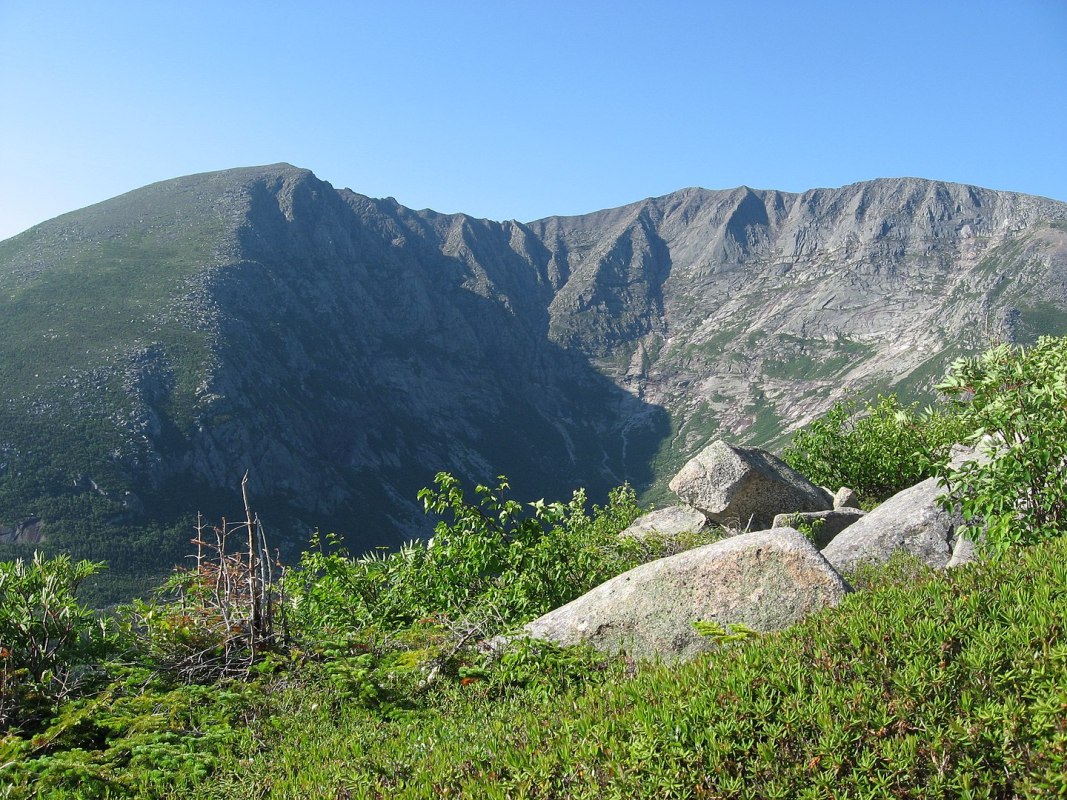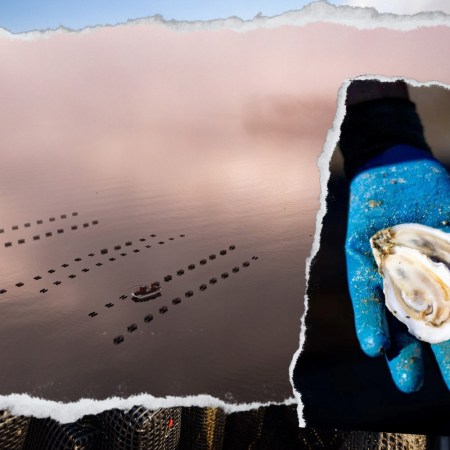Mount Katahdin, located in the northern half of the state of Maine, has more than a few claims to fame. For those hiking the Appalachian Trail, it’s where the trail in question comes to an end. It’s also a National Monument — and it also has a rich history with the Penobscot, who have inhabited the region for thousands of years.
In a recent article at Atlas Obscura, Sam Schipani explored one aspect of this history — a being known as Pamola. Schipani writes that Pamola has been described in legends as “hideous and birdlike, with spindly legs, long arms, a sharp beak, and a violent temperament” — and that it’s historically considered to be the protector of the mountain.
As the article details, Pamola began to show up in stories told by non-Indigenous residents and visitors to Maine as well — including being referenced in Henry David Thoreau’s The Maine Woods. What’s interesting about the article is the way it traces Pamola’s evolving appearance in tales, including the addition of more moose-like characteristics, as seen in the artwork for this Pamola-inspired beer.
Questions remain over the ethics of referencing Indigenous legends like this. Schipani addresses this, noting that “Wabanaki knowledge keepers today prefer to keep the most sacred stories about Pamola within the tribe” — which, when it comes to sacred knowledge, seems eminently understandable. Still, the way perceptions of Pamola have changed over the years makes for fascinating reading, and a story that’s still being told.
Thanks for reading InsideHook. Sign up for our daily newsletter and be in the know.


















